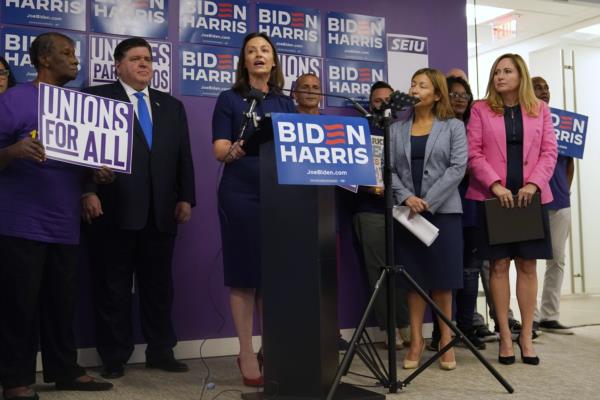
The January 6th committee tasked with reviewing Capitol Hill security and related matters has come under scrutiny after allegations arose regarding the destruction of evidence and the withholding of important documents. Barry Loudermilk, a prominent figure involved in the investigation, shed light on the matter during a recent interview.
Loudermilk highlighted a series of concerning discoveries made during the examination of the committee's work. It was revealed that significant amounts of video depositions, data, and documents had been destroyed or hidden. The committee was supposed to archive all the information it had accumulated, including transcripts of interviews and hearings, in order to pass them on to Loudermilk's committee. However, when the documents were received, they consisted of over a million printed pages of depositions and subpoenas, but lacked proper organization or cataloging. This made it difficult for Loudermilk's team to ascertain the completeness of the material.
The revelation of missing videotapes of depositions was particularly unsettling. Loudermilk promptly contacted the committee chairman, Benny Thompson, who admitted that they had decided not to retain those particular tapes. This raised further suspicion, as it seemed that any depositions contradicted by the testimony of Cassidy Hutchinson, who implicated former President Trump, were the ones that were missing. Additionally, forensic analysis of the hard drives provided by the committee uncovered several hundred deleted or encrypted documents, a significant portion of which were unique and distinct from what was already in possession.
The implications of these findings are grave. Official house documents, which were supposed to be preserved by the committee, are unaccounted for. It is unknown whether they were deliberately destroyed or misplaced. The lack of video evidence further adds to the concern surrounding the situation. The possibility that exculpatory evidence crucial for the defense of the defendants might have been concealed is alarming.
The congressman raised questions about the cooperation he should be receiving from former committee members and their extensive staff. He also questioned whether these individuals would be required to testify under oath, shedding light on their involvement in the handling of the missing evidence. Additionally, efforts are underway to retrieve information that was sent to the White House and the Department of Homeland Security rather than being properly archived.
The impact of this scandal goes beyond mere legal or political ramifications. It begs the question of whether the American people have been denied vital information about the events of January 6th. The selective approach taken by the committee, cherry-picking what information is disclosed and what is concealed, raises concerns about the integrity and transparency of the investigation.
As the investigations continue, it is imperative for a thorough and unbiased examination of all evidence related to the events of January 6th to ensure justice and accountability. The American people's right to know the truth must prevail, and any attempts to suppress, misplace, or destroy evidence should be properly scrutinized.







